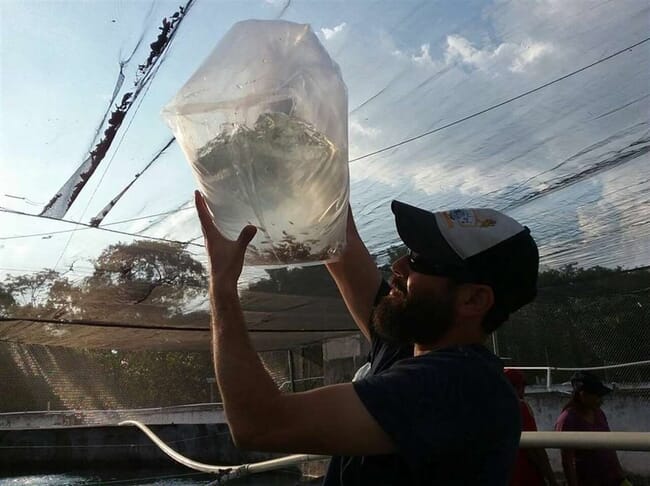Streptococcus agalactiae is one of the most prevalent bacterial diseases affecting the global tilapia sector and a number of different vaccines have been developed and have been shown to have varied levels of efficacy. This new study aimed to examine the use of S. agalactiae polyvalent vaccine on tilapia broodstock and whether maternal immunity and resistance to the pathogen could be passed on to their offspring.

© Spring Genetics
The broodstock were injected with the vaccine at a dose of 108 CFU per fish at second gonadal maturity until spawning. Challenge tests were carried out on the offspring at 5, 10, 15 and 20 days after hatching using five different strains, both individually and in combination.
The researchers, who were mainly based at Nanjing Agricultural University, observed immunological parameters in broodstock, eggs and larvae and relative per cent survival (RPS) of larvae after being challenged with pathogenic S. agalactiae. The results showed that the leukocytes, phagocytic activity, respiratory burst, lysozyme activity and antibody levels of vaccinated broodstock were at a higher level compared with unvaccinated broodstock.
The high level of the lysozyme activity, antibody levels and recombination activating gene 1 (RAG1) were also observed in eggs and larvae from vaccinated broodstock. Larvae produced from vaccinated broodstock when challenged with pathogenic S. agalactiaehad RPS values over 50 percent until 20 days after hatching.
“In conclusion,” wrote the researchers in their abstract, “polyvalent vaccine of S. agalactiae administrated in the broodstock could enhance immunity in the broodstock and protect their offspring from pathogenic S. agalactiae.”


